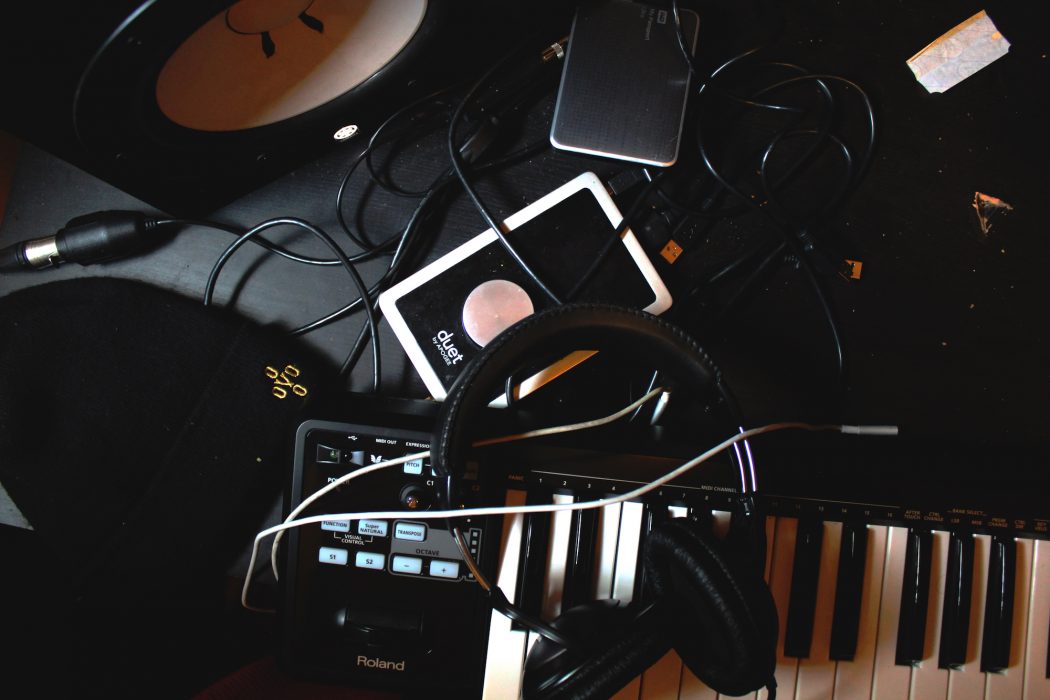With streaming royalty rates going down and the sync licensing space getting more crowded, artists are always looking for new and innovative ways to monetize their music. While at Rightsify we have gone into detail on how artists can monetize their music in stores or how in-store music is the most underrated revenue stream in the industry, in this article we explain some more on how our model of licensing works and how it is beneficial to artists.
– Easy To Use: As long as an artist or label controls or owns 100% of the rights to their music, they can upload their music and submit it to be included in our playlists. Instead of having to fill out spreadsheets and wait weeks for something to happen, in some cases if a song works well with a playlist, we can have it added and being monetized in stores in multiple countries within 24 hours.
– Usage: Every time a song is played from the Rightsify platform we collect and log that data to make sure that artists are accurately compensated when their music is played. For too long the music industry has gotten away with half-baked measures for monetizing music in public. With Rightsify, every play is accountable so when your music is played, you get paid.
– Global: With every artist and song that we include with our playlists, we do require that it is available for licensing throughout the world. While we understand for many artists this may not work if they are working with licensing agencies or other representatives for their music, this enables us to provide consistent music and playlists to customers in every country.
– Monthly Payments: Yep, you heard that right. We don’t deal with annual, bi-annual or quarterly payments. As long as you have plays within the last month, you get paid and there are no so-called ‘minimum thresholds’ for payment.
– Analytics: In addition to the usage section above, we don’t only log the data when music is played, we segment it into first-class analytics and charts so you know exactly where your music is being used. A hotel in New York, a restaurant in London or a cafe in Sydney? Total revenue last month? Most popular song? All of that data is available to artists in their Rightsify dashboard.
Want to apply to join Rightsify? Fill out the form here and let us know if you have any questions.









